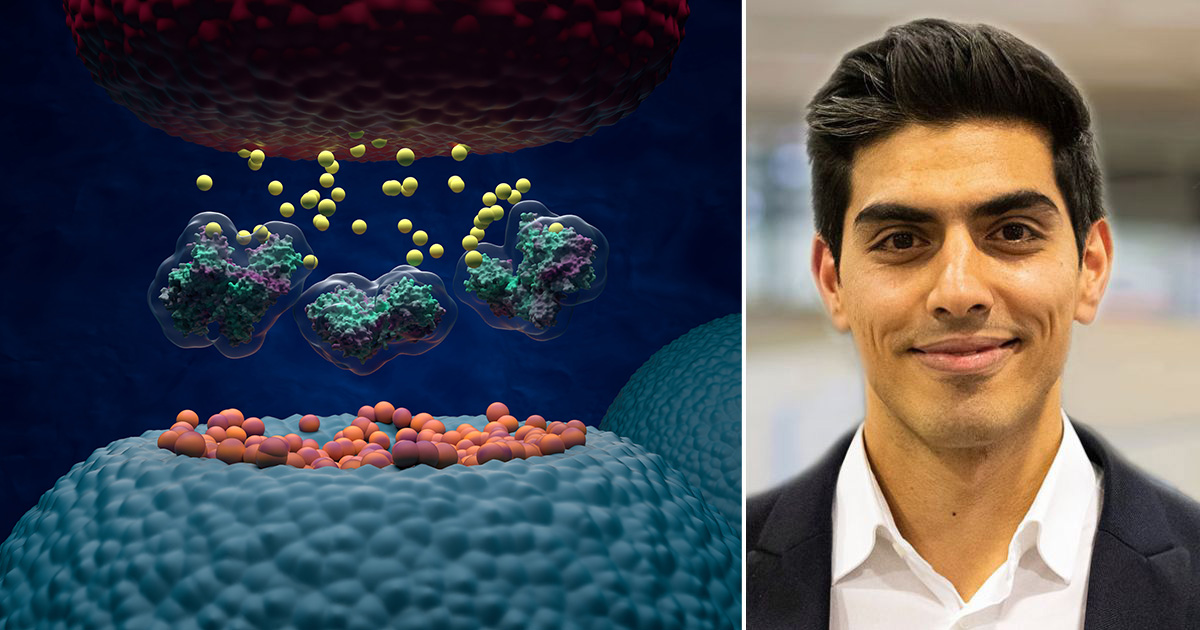The Woolcock Institute of Medical Research

Targeting brain health
Public awareness of the importance of sleep and brain health has grown significantly.
The real work, though, of providing answers for patients with neurological disorders and sleep issues, is in its infancy. This is especially so in Australia, where sleep research has traditionally been focussed more on sleep-disordered breathing.
The Woolcock’s Sleep and Circadian Research group is currently conducting studies on everything from REM Behaviour Disorder and narcolepsy to the connection between sleep loss and neurodegeneration.
It’s that work that led Dr Elie Matar to join the Woolcock on his return to Australia in 2024 after years of medical training at some of the world’s most prestigious institutions the Mayo Clinic in the US, the University of Cambridge and London’s National Hospital of Neurology and Neurosurgery.
PRECISION HANDLING
Dr Matar is an authority on the prediction, early diagnosis and treatment of neurodegenerative disorders. He is also one of very few neurologists in Australia with a dual accreditation in sleep medicine and neurology. He sees patients with a variety of neurological conditions, with particular expertise in movement disorders (Parkinson’s, dystonia, tremor, gait and balance problems, twitching etc), cognitive conditions and memory or thinking complaints, and the whole spectrum of sleep disorders including but not limited to parasomnias and other movements at night, narcolepsy and other causes of excessive sleepiness, restless legs, circadian rhythm disorders and insomnia.
Through specialised training, he is also able to now offer botulinum toxin therapy at the Woolcock Clinic, a widely accepted and effective treatment for a variety of neurological conditions.
By delivering these injections in the highly targeted fashion, botulinum therapy can be used to treat muscle tightness due to involuntary head, face and body movements caused by cervical and oromandibular dystonia, hemifacial spasm, blepharospasm, tremor and spasticity caused by multiple sclerosis, cerebral palsy or brain trauma.
It has also been shown to be effective in the treatment of chronic migraine, hyperhidrosis, tremor and bruxism. Across these conditions, the evidence suggests that this therapy is highly safe and improves the quality of life of patients.
Want to stay up to date with our research on sleep and respiratory conditions?
Sign up to our quarterly newsletter
MANAGING COMPLEXITY
The Woolcock Clinic is delighted to announce that Dr Matar is now offering this much-needed service to patients.
Medical Director Colin Tuft says the expanded neurology service at the Woolcock Clinic is part of a broader push during 2025 to offer more to its patients and in keeping with its established multidisciplinary approach to sleep issues.
That multidisciplinary approach informs Dr Matar’s treatment for those with complex neurological conditions that are causing their sleep issues who come to see him at the Woolcock Clinic.
“There are many sleep disorders that have a neurological basis – conditions like circadian and sleep-wake disorders, insomnia, restless legs and parasomnias. Others will have psychological or respiratory inputs. The Woolcock’s multidisciplinary approach means we approach complex cases with an understanding of the multifactorial nature of sleep disturbances and collaborate to find answers for patients.”
“And the work being conducted by the Woolcock’s Sleep and Circadian Research group and in the Centre for Chronic Diseases of the Ageing into sleep how chronic sleep and respiratory disorders contribute to brain ageing informs what we do, meaning that we remain at the leading edge.”










